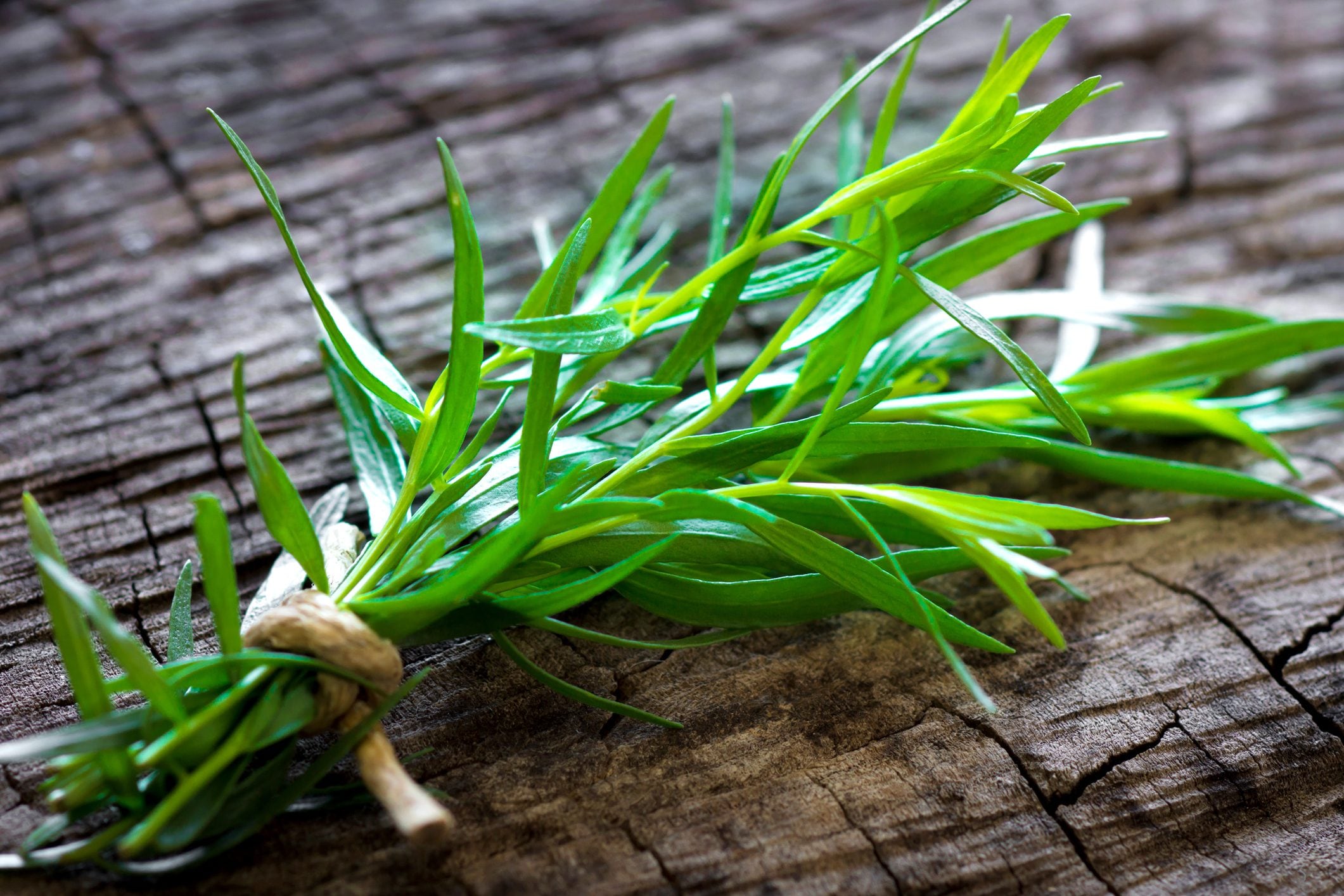
Tarragon is one of the most used herbs in French cuisine. It has a lovely bittersweet flavor resembling that of anise and is used mostly in the savory preparations. Here are the other benefits of using this herb.
Apart from being a wonderful herb that adds a lovely flavor to many meat preparations, tarragon is an excellent source of minerals such as calcium, magnesium, iron, and zinc. Here is a list of health benefits offered by tarragon and the ways in which you may use this herb.
Health benefits of tarragon
Pain relief. Tarragon has been used historically to relieve oral pain as it contains the numbing agent eugenol, which offers pain relief.

Induces sleep. Tea prepared using tarragon benefits insomniacs as it calms nerve and induces sleep.

Increases appetite. This herb can also be used as an aperitif that stimulates the appetite and triggers the production of gastric juices and saliva.

Diuretic. Tarragon naturally possesses diuretic properties and it is beneficial to relieve the water retention in the body.

Fights free radicals. The carotenoids present in tarragon acts as an antioxidant and fights the free radicals. This herb is also beneficial against digestive problems and promotes an adequate functioning of the intestines.

Menstrual cycle. Tarragon is also used to induce and regularize the onset of menstruation thereby supporting healthy reproductive system in females.

Cardiovascular health. This herb is also a good source of potassium, which is one of the few minerals that actively promotes cardiovascular health.

How to use tarragon
For savory dishes. Tarragon can be used both as a dried herb and in the fresh form to add a lovely flavor to any savory preparation, such as egg, chicken, or fish dishes.

Steep. To enjoy the maximum medicinal benefit of this herb you should steep it and have it as herbal tea.
Oil. You may also use the oil derived from tarragon topically or as a deodorizer.
Preservative. It has antibacterial properties and can be also used as a natural preservative.

Vinegar. Tarragon vinegar can be easily prepared at home by soaking the herb in vinegar and use it in food preparations.
A word of caution: Tarragon must be avoided by pregnant women and women who are breast feeding the children as it can promote bleeding and cause pregnancy related complications. Also, people who are allergic to the ragweed family of plants must check with their doctors before using it for medicinal purposes.
;Resize,width=767;)
